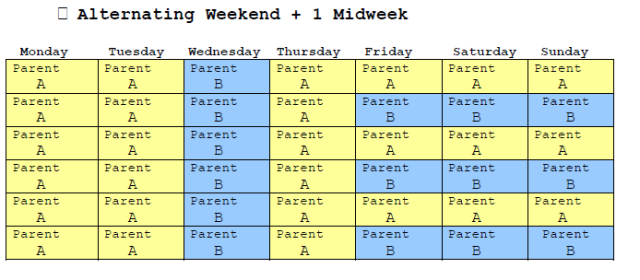
I strongly believe that the traditional adversarial courtroom divorce is destructive to families, and so I am a strong proponent of the private, respectful collaborative divorce process. I am also president of a local collaborative practice group known as Next Generation Divorce which is comprised of over 90 collaboratively-trained attorneys, mental health professionals, and financial professionals dedicated to helping families in Hillsborough, Sarasota, Pinellas, Pasco, and Manatee Counties.
As a representative of collaborative professionals, I oftentimes get the opportunity to speak to mental health, religious, and other organizations about collaborative family law. Last year, I was also interviewed, along with my colleague, Joryn Jenkins, by Bay News 9 on the practice of collaborative divorce in Tampa Bay.
You can view the entire interview here.
If you have questions on how the collaborative process can save your family from the devastating effects of courtroom divorce, schedule a consultation with The Law Firm of Adam B. Cordover, P.A., at (813) 443-0615 or fill out our contact form.



